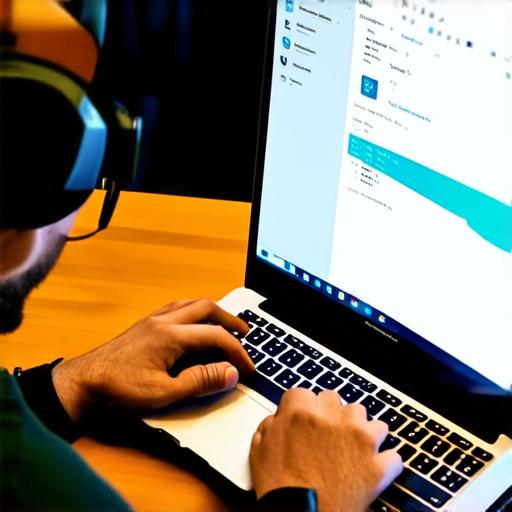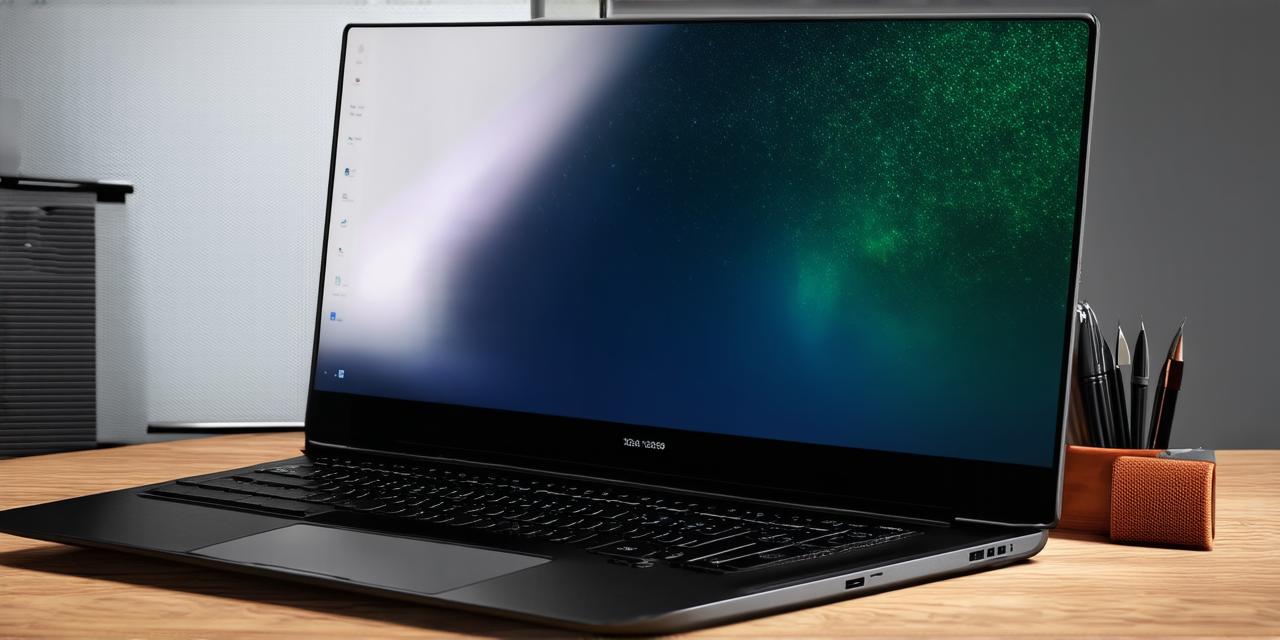Android Studio is a powerful development environment that can help you create high-quality mobile applications. However, as you spend more time coding, you may find your project becoming cluttered and difficult to navigate.
1. Remove unused files
One of the most important things you can do to clean up your Android Studio project is to remove any unused files. This includes code files that are no longer needed, images that are no longer being used in your app, and other types of files that are taking up valuable space.

2. Delete unused libraries
Android Studio projects often include a number of third-party libraries that are no longer being used. These libraries can take up valuable space and slow down your project’s build time, so it’s important to delete them as soon as possible.
3. Clean up build artifacts
As you work on your Android Studio project, you may generate a number of build artifacts that are no longer needed. These artifacts include compiled code files, debugging information, and other types of files that can take up valuable space.
4. Use version control
One of the best ways to keep track of changes to your Android Studio project is to use version control. This allows you to easily revert changes, collaborate with other developers, and track progress over time.
5. Optimize build settings
Android Studio projects can sometimes take a long time to build, especially if you have a large number of files or libraries. To speed up this process, you can optimize your build settings.
6. Use a linter tool
A linter is a tool that helps you find and fix coding errors in your Android Studio project. By using a linter, you can catch errors early on in the development process and avoid costly mistakes later on.
7. Regularly review your code
One of the most important things you can do to keep your Android Studio project clean is to regularly review your code. This allows you to catch errors early on, identify areas where your code could be improved, and ensure that your app meets best practices.
